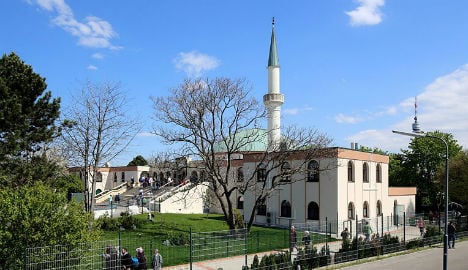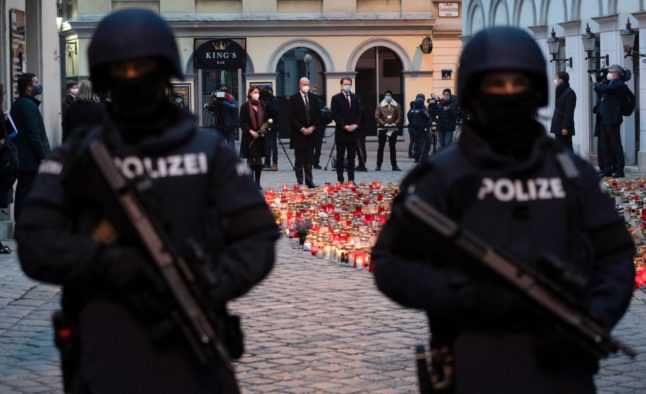The study found that 85 percent of young people who are in contact with a youth worker have an immigration background, and that 27 percent of those teenagers who are Muslim show strong sympathy for jihadism, and violent and anti-Western thinking.
The government in Vienna says that it wants to identify this group of “latently vulnerable” youth and establish a dialogue with them, before they become radicalised.
The author of the study, Kenan Güngör, spoke to young people who are involved in youth work, either in centres, parks, or on the streets, and identified three groups of teens – “vulnerable”, “ambivalent”, and “moderates”. Out of 401 respondents, 214 were Muslims aged between 14 and 24-years-old. Asked if the Islamic world should defend itself by force against the West, 34 percent said that they agreed with this statement. 29 percent said they thought positively of people who were prepared to go to war for their religion.
According to Güngör’s study, 27 percent of the Muslim respondents belong to the “vulnerable” group. 31 percent are “ambivalent” – although they showed sympathy for religious extremists, they said they would refuse to kill in the name of God. A large proportion, 42 percent of Muslim youth, are “moderate” – with a liberal outlook and a rejection of violence they have little risk of being radicalised.
'Too late' for some
Factors deemed to increase the risk of radicalisation are how religious a teenager is, whether they have a homogenous rather than a mixed group of friends, their own experience of being a migrant, and their sex. “Radicalisation is a male problem,” Güngör says. He added that a “small and dangerous group” of youths are already radicalised and that it’s too late to try and reach them via youth and social workers.
Many young people with an immigration background begin a “search for their identity”, according to Vienna's integration councillor Sandra Frauenberger (SPÖ). The study was commissioned by her department last year, and the interviews were carried out during the height of the refugee crisis.
65 percent of respondents said that they felt strongly connected to Vienna and their own neighbourhood, but many said they did not feel recognised as Austrians. Their parents’ country of origin was also important to them, with family and traditions playing an important role in their identity. Muslim youths tended to be more religious than young people from other religious backgrounds.
Racism and homophobia were also identified as problems. 54 percent of respondents had a negative attitude to other ethnic groups and 46 percent were strongly opposed to homosexuality. 47 percent of Muslim youths were anti-Semitic.
However, study author Güngör said that the results should not be used to draw conclusions about youth in Vienna in general, as most of the respondents belonged to socially disadvantaged groups.
The opposition ÖVP and FPÖ parties said the results of the study were down to the Red-Green Vienna government’s “refusal to acknowledge reality”. The head of the Vienna ÖVP Gernot Blümel demanded a new integration law and called for “necessary measures against radicalisation such as a ban on the full veil and distributing the Koran”. He also wants to see a focus on values in schools.
Maximilian Krauss, educational and integration spokesman for the right-wing Freedom Party (FPÖ), says the Red-Green government’s integration efforts have “finally failed”. “Instead of integrating at least the second generation at some point, we are approaching a new generation of fanatical jihadists who neither accept nor respect us and our culture,” he said. In the past, he has called for a headscarf ban in schools, and compulsory German school-entrance tests.



 Please whitelist us to continue reading.
Please whitelist us to continue reading.